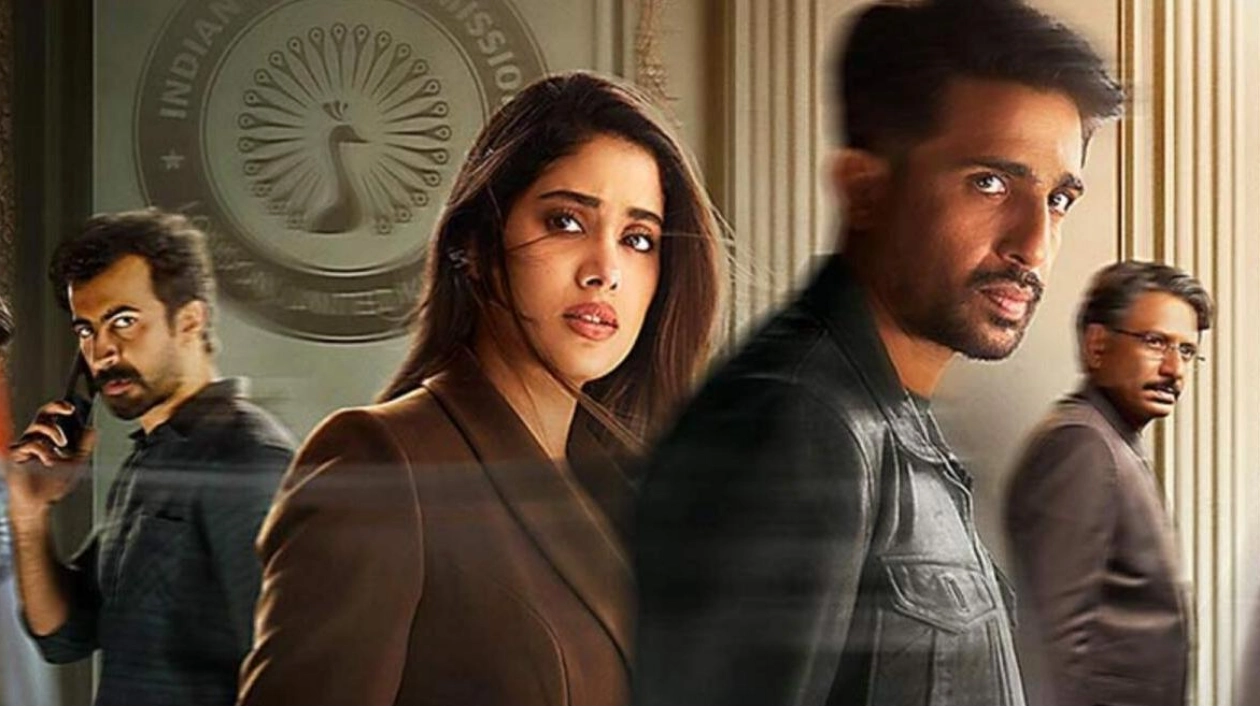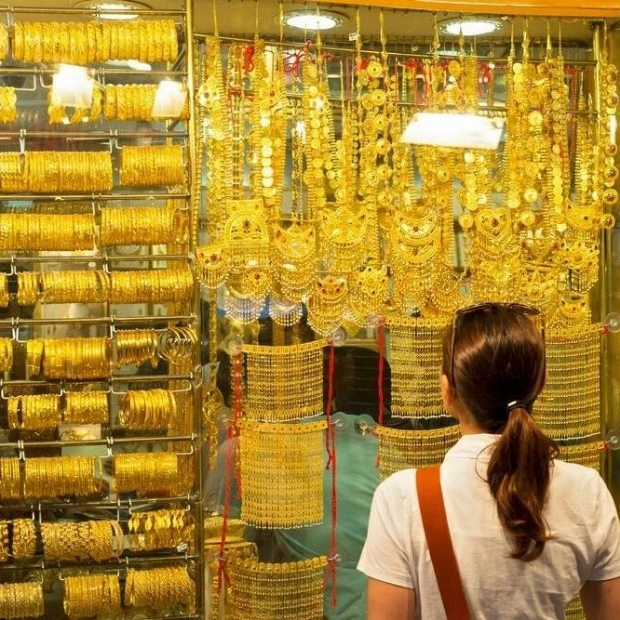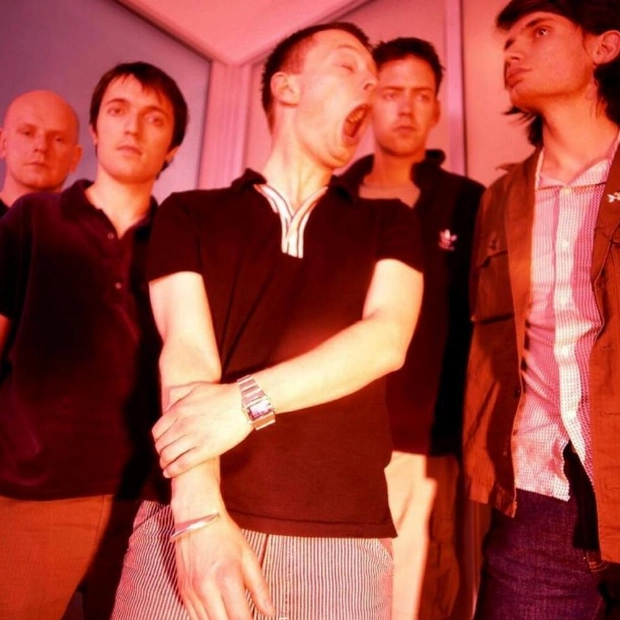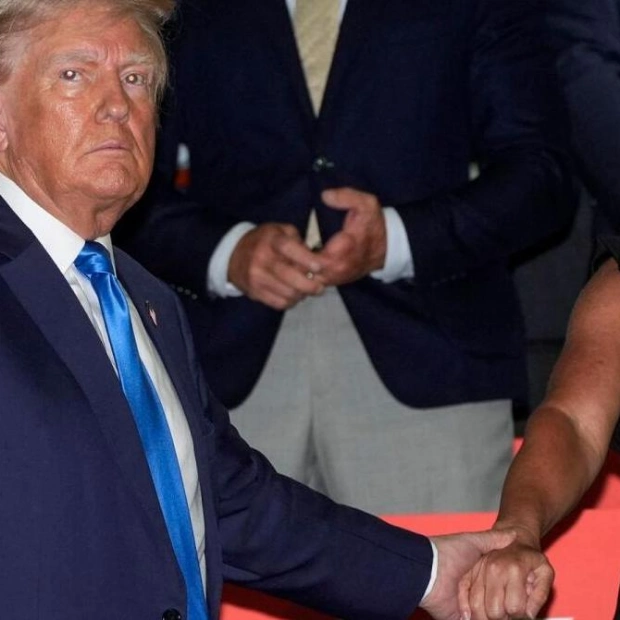Directed by Sudhanshu Saria and featuring Janhvi Kapoor, Gulshan Devaiah, and Roshan Mathew, Ulajh opens promisingly. Janhvi Kapoor plays rookie IFS officer Suhana Bhatia, hailing from a prestigious family, who is posted as Deputy High Commissioner in the UK. Confident and intelligent, she seeks to validate herself to her diplomat father, portrayed by Adil Hussain, and challenge the perception that nepotism secured her position. The narrative then transports to London, where Suhana faces sexism and derogatory remarks from colleagues. Amidst her professional struggles, she becomes romantically involved with the charismatic chef Nakul Sharma, played by Gulshan Devaiah, only to discover his deceit, plunging her into a vortex of blackmail, espionage, and treachery that jeopardizes her reputation and national loyalty.
The initial 30 minutes are captivating, introducing compelling characters brought to life by a stellar cast including Adil Hussain, Gulshan Devaiah, Rajendra Gupta, Rajesh Tailang, Jitendra Joshi, Alyy Khan, and Meiyang Chang. These actors set a high bar for a thrilling narrative, yet the film disappoints as the plot, laden with potential, deflates quickly. The screenplay by Parvez Sheikh, Sudhanshu Saria, and Atika Chohan, while attempting to weave in multiple elements, lacks coherence, with some surprises predictable and others fizzling out. The portrayal of Suhana's handling of state secrets and her inexplicable trust in a dubious character strain credibility.
Ulajh's failure to maintain engagement stems from its screenplay's detachment from the central theme, meandering through various subplots. The film attempts to blend patriotism with convoluted India-Pakistan politics, introducing an irrelevant Nepal-India conflict early on. The diplomatic challenges are superficial, contrasting with the crisp, straightforward narratives of Western thrillers like Argo and the Bourne series. Bollywood's penchant for dialogue-driven nationalism, emotions, and family dynamics dilutes the thriller aspect, even featuring a philosophical monologue from a spy.
Despite the right ingredients, Ulajh struggles to hold interest, with politics and personal crises awkwardly interwoven. The exploration of sexism and nepotism is superficial, limited to token mentions, and fails to convincingly depict Suhana's struggles in a male-dominated field. Janhvi Kapoor's performance, however, stands out, holding her own against seasoned actors, effectively conveying her character's vulnerability and determination.
The supporting cast, including Gulshan Devaiah and Roshan Mathew, delivers commendable performances, making the film watchable. The political narrative is inconsistent, avoiding typical Pakistan-bashing yet referencing tensions, portraying India as a savior of Pakistani democracy, a theme echoed in recent Bollywood films like Tiger 3.






